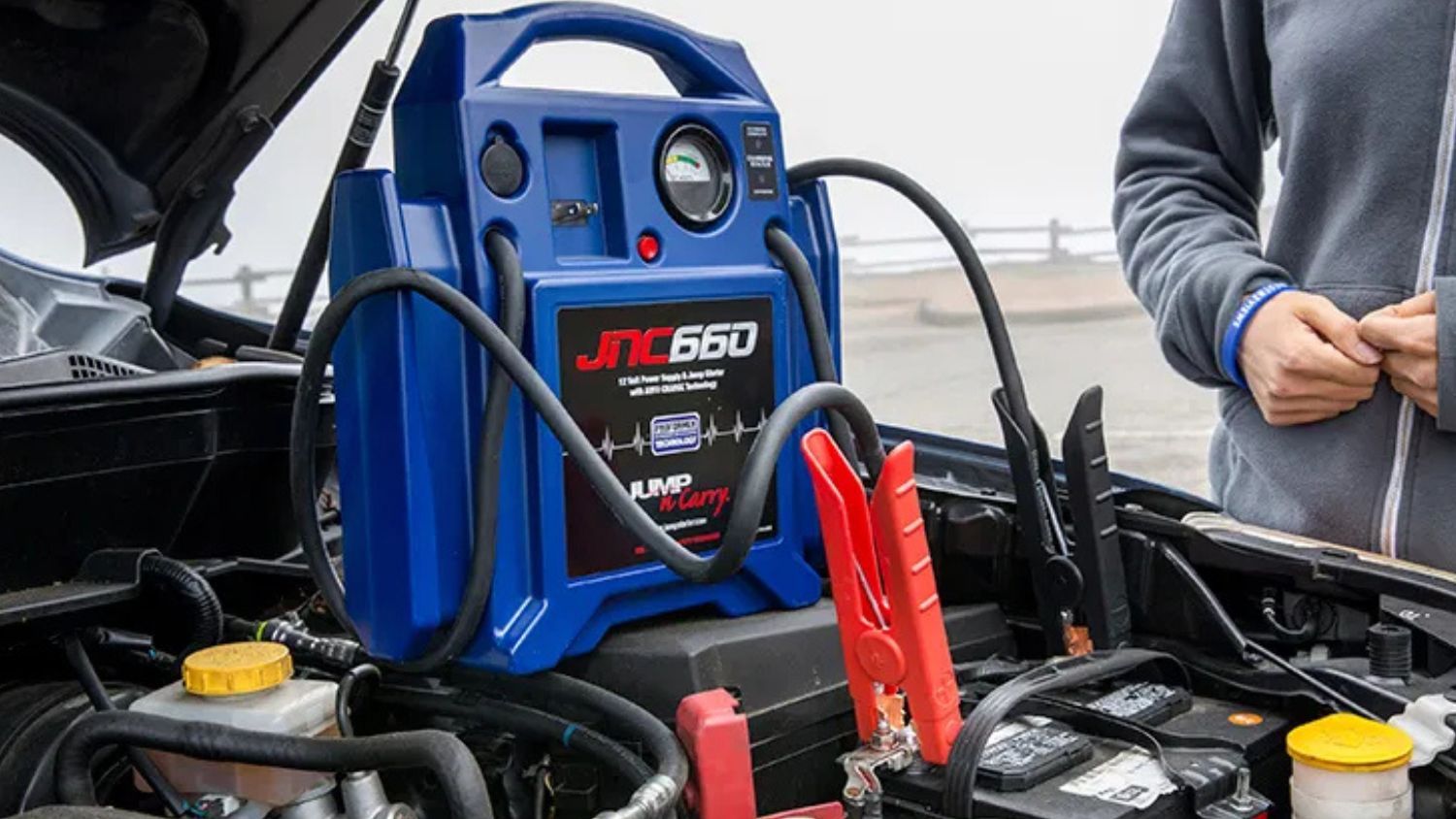GRAND RAPIDS, Mich. (WOOD) — The candidates vying for Michigan’s open U.S. Senate seat laid out their view on key issues during a debate Tuesday, discussing the economy, the automotive industry, Social Security and Medicare, and immigration, as well as taking the opportunity to throw a few verbal jabs.
Former U.S. Rep. Mike Rogers, a Republican, and U.S. Rep. Elissa Slotkin, a Democrat met for an hourlong debate at WOOD TV8.
Watch a replay of the debate below. Click here for a replay with on-screen captions.
In her opening statement, delivered first as determined by an earlier coin toss, Slotkin touted her time in the CIA under both Republican and Democratic presidents.
“I’m running for the U.S. Senate because I believe we must enhance and strengthen the middle class. Michigan invented the middle class,” Slotkin said. “That means jobs with dignity and it means bringing down the costs that are eating a hole in people’s pocketbooks.”
She called on voters to check both her and Rogers’ records.
Rogers also referenced his background in law enforcement and focused on high prices in his opening statement.
“When you look at the challenges we have … why would we even get back into this business, if you will? It’s because people, our families, are hurting in Michigan. They can’t afford gas, they can’t afford their electric bill. We have folks that are going to food pantries at the end of the month. We don’t have to do it that way,” Rogers said.
Both candidates thanked WOOD TV8 for hosting the debate. News 8 political reporter Rick Albin moderated, asking the candidates about the issues that affect your life and your family. News 8 anchor Amber Krycka presented questions submitted by voters like you.
Click to see summaries of responses on each issue: FEMA | Gaza | Economy | Social Security, Medicaid and Medicare | EVs | Nuclear power | Reproductive rights | Immigration
FEMA FUNDING
The Federal Emergency Management Agency has become an election talking point in the wake of Hurricane Helene and with Hurricane Milton barreling toward Florida.
Asked what Congress should do to prioritize FEMA funding, Slotkin said that during her time in the U.S. House of Representatives, she worked to increase FEMA’s budget.
“We don’t know where the next disaster is going to come from, but it’s the responsibility of the federal government to deal with what we were dealing with here in Michigan, which is true disasters when there’s sort of an act of God that happens here in our state,” Slotkin said, referring to the tornado that tore through the Portage area in May.
Rogers criticized spending on housing for people who have entered the country illegally.
“FEMA’s an important organization, has important work to do. But one of the things that makes no sense in this last six years, if you will, is the fact that FEMA spent almost $700 million on housing illegals,” he said. “If we’re going to get spending under control in Washington, D.C., the last thing we need to be doing is spending money on illegal immigrants.”
FEMA says on its website that “no money is being diverted from disaster response needs,” and explained such money comes from a specific Disaster Relief Fund.
Slotkin agreed there was work to do on the southern border but said FEMA should have the funding it needs to be ready to address crises as they happen. Pressed, Rogers did not answer outright whether or he would appropriate more money for FEMA, instead saying, “We have to get it right.”
THE MIDDLE EAST
As Israel’s military action in Gaza continues a year after Hamas attacked, Rogers said he supports backing Israel and framing a cease-fire based on the release of hostages taken by Hamas last year. Asked whether there was a “red line” that Israel could cross to lead to the loss of his support, Rogers said “Hypotheticals don’t work in this.”
Slotkin agreed a cease-fire should include the release of hostages and that Israel has a right to defend itself, but acknowledged the difficulty of the loss of life among Palestinian civilians. Regarding a “red line,” she said the U.S. should not “be sucked into” another land war in the Middle East.
Asked if a cease-fire was possible if Hamas or Hezbollah remained in power, Slotkin said a cease-fire must come at a point where Hamas could not “project violence” onto Israel. Rogers said he thought it could happen if hostages held by Hamas — classified by the U.S. as a terrorist organization — were released.
THE ECONOMY AND HOUSING
The economy is top of mind for many in Michigan: An Emerson College Polling survey released in mid-September showed more people ranked it their top concern than any other issue. Last month, News 8 spoke to people who said they were feeling the weight of paying more for food, energy and insurance, among other things. Inflation has been high since the COVID-19 pandemic, but has recently been showing signs of cooling.
Asked what they would do to bring down prices, Rogers said he has “never seen such hurt in people’s families as I have now.” He blamed Democrats for government spending that he says raised the cost of groceries and gasoline.
“Here’s the things that I would do: We have to absolutely become energy independent,” he said. “I’m for an all-of-the-above policy, but if we don’t get gas prices down, we won’t get food prices down. … Regulation has to stop. $1.6 trillion in new regulation coming out of Washington, D.C. And lastly, spending. We have got to get our arms around spending.”
Slotkin also listed three items:
“No. 1 is bringing supply chains back home from places like China,” she said. “No. 2, it’s attacking the primary costs that are just burning a hole in people’s pockets: health care, prescription drugs. We finally allowed Medicare to negotiate drug prices. You’ve got to bring down costs like housing, child care. No. 3, you’ve got to keep more money in your pocket that you earn. Taxes and tax policy, you’ve got to do things like the earned child tax credit. Give credit to middle class families instead of breaks to the ultrawealthy.”
Asked about how to make homes more affordable and whether tax dollars should be used to support first-time homebuyers and homebuilders, Slotkin promoted public-private partnerships with guaranteed affordable units and workforce housing.
“It’s about increasing the housing stock. We need more houses, we need more production of houses,” she said.
Rogers said the biggest reason people can’t afford homes is high interest rates.
“They can’t make up the difference of what it used to be, about 3% just four years ago, and now you see those housing rates so expensive,” he said.
He again blamed federal spending for contributing to high costs.
“If you want to get to the root of this, we have to stop spending,” he said.
SOCIAL SECURITY, MEDICAID AND MEDICARE
Asked what they would do to strengthen Social Security, Medicaid and Medicare, Rogers said he advocated to protect the Social Security fund when he was in Congress.
“I argue the things that we can do to bring down costs, we should bring down costs across the board. Medicare transparency is a big, big, big factor here. On Social Security, it’s in trouble. The current plan that we see coming out of Washington, D.C., is let it ride until there’s a 26% cut. We have to get together in a bipartisan way to stop that from happening,” Rogers said.
Slotkin said access to health care is “essential.” She attacked Rogers’ voting history on Medicare and Social Security — accusations Rogers went on to rebut as “deceptive.”
“For me, whether it’s allowing Medicare to negotiate drug prices so we actually save something from Medicare, whether it’s changing retirement as we knew it, redefining it as he proposes, we couldn’t be more different on this issue,” Slotkin said.
ELECTRIC VEHICLES AND GOTION
Asked about two electric vehicle battery plants being built in West Michigan — one near Big Rapids and one in Marshall — Slotkin said she didn’t care whether people chose to buy EVs.
“What I do care about is who is going to build the next generation of vehicles. Literally, it’s either going to be us or China. Right now, China is eating our lunch on these types of vehicles. And Michigan has had the experience of missing these trends,” she said. “I just don’t understand of just ceding that ground to China.”
Rogers, who has made opposition to the Chinese-owned Gotion plant near Big Rapids one of his platform issues, argued against allowing Chinese-owned companies to be building those vehicles domestically.
“Why in God’s green earth we would cede that auto market to the Communist Party of China is beyond me,” he said.
He criticized Biden administration policies promoting EVs and promoted hybrids.
“You don’t have to plug it in and you get to keep the autoworkers that are in the state. About a million are reliant on building something, a part or something, for a gasoline engine,” Rogers said.
In rebuttal, Slotkin again advocated for reinvesting in the domestic the supply chain, saying reliance on China became starkly apparent during the pandemic. Rogers noted the electric grid was not prepared to support an EV-majority private fleet.
In a segment of the debate that got a little chippy, Rogers alleged Slotkin signed a nondisclosure agreement to support the creation of the Gotion plant. Slotkin flatly denied ever signing any NDA with “any Chinese government, Chinese entity, Chinese company at all.”
“I found out about that plant when it was in the paper,” she said of the Gotion plant. “He repeats it. It is a lie.”
She brought up Rogers’ employment in the private sector at AT&T “when they were actively working to get Chinese companies in our (telecommunications).” Rogers said such “aspersions” were “unfortunate.”
Rogers said allowing Chinese nationals to work at Chinese-owned companies on U.S. soil was a national security risk. Slotkin said she was working to pass legislation requiring a national security vetting of Chinese companies when they try to buy U.S. farmland and manufacturing facilities.
Gotion’s North American leadership says the company has no plot to spread communism.
NUCLEAR POWER
Asked whether she supported the use of federal dollars to back the planned restart of the Palisades power plant in southwestern Michigan, Slotkin said she did, pointing to an increasing need for energy as technology develops. She called for a diversified and redundant power grid, with nuclear, natural gas, wind and solar.
Rogers also supported the restart, also noting the increasing demand on the grid. He said nuclear “and small-modular nuclear reactors” — the plan at Palisades — is the way to move forward.
The restart of Palisades is still awaiting approval from the Nuclear Regulatory Commission. That decision could come in May or June of next year, after which Palisades owner Holtec hopes to restart in October. If it happens, it would be a first in the U.S.
REPRODUCTIVE RIGHTS
In 2022, Michigan voters enshrined reproductive rights in the state constitution. Asked whether the goverment should be able to interfere in the matter of abortion, Rogers acknowledged that Michigan voters had made it clear what they wanted and said he would do nothing in Congress to undo the state’s constitutional amendment.
Slotkin said she would vote for a federal bill to codify the right to abortion nationwide, which vanished as a national standard when the U.S. Supreme Court overturned Roe v. Wade, and alleged Rogers could not be trusted on this issue.
IMMIGRATION
Asked what they would do to respond to illegal immigration, Slotkin acknowledged “our immigration system is broken.”
“In my mind, we absolutely need to do more on the southern border,” she said. “To me, if you are not here legally, you should not be here. You should go back to your home country and be removed to your home country.”
She called for more comprehensive legal vetted immigration. She said she has worked on the issue with a bipartisan approach but alleged that was shut down by Republicans who wanted to use it as a political issue during the election cycle.
Rogers attacked Slotkin’s voting record on immigration, said illegal immigration costs the government billions and blamed a porous border for the rise of fentanyl.
“This has been a catastrophe and we have seen absolutely nothing” from Congress, Rogers said. “I’m going to go back and I will fix and secure the border first thing.”
CLOSING STATEMENTS
Both candidates were given a chance to summarize their platforms, characterize the race and make a final appeal as the debate closed.
“I think at the end of the day, the issue comes down to trust. Who do you trust to actually come and talk to you and then go and fight on your behalf?” Slotkin said. “Let me just make one particular appeal to the Republicans watching today, like my dad. For the Republicans who feel like their party has left them over the last few years, you will always have an open door in my office. You will always have a place at the table.”
“When you look at the problems around this state, families are hurting from the policies that have come out of Washington, D.C., The choice here could not be clearer: Killing jobs or creating jobs. Higher grocery prices, lower grocery prices. … A closed border or a wide open border that brings the problems of the south,” Rogers said. “I would appreciate your vote on Nov. 5. I will have your back come November.”
WHERE THINGS STAND IN THE RACE
Rogers or Slotkin will replace U.S. Sen. Debbie Stabenow, a Democrat from Lansing. She is retiring after holding the seat for 24 years. Michigan’s other U.S. senator, Gary Peters, also a Democrat, is next up for election in 2026. It has been 30 years since a Republican (Stabenow’s predecessor) held a U.S. Senate seat in Michigan.
The outcome of the Nov. 5 election will contribute to which party controls the Senate — other important races are happening in Arizona, Florida, Maryland, Montana, Ohio and Pennsylvania.
The September Emerson poll showed Slotkin leading in the Michigan race, with 47% of those surveyed saying they would vote for her and 42% saying they would vote for Rogers. That’s a five-point difference, outside the poll’s margin of error of plus or minus 3.2%. Eleven percent said they were undecided.
The general election is Nov. 5. Absentee voting is already underway in Michigan. Early in-person voting — now mandatory in Michigan — must start statewide no later than Oct. 26.









